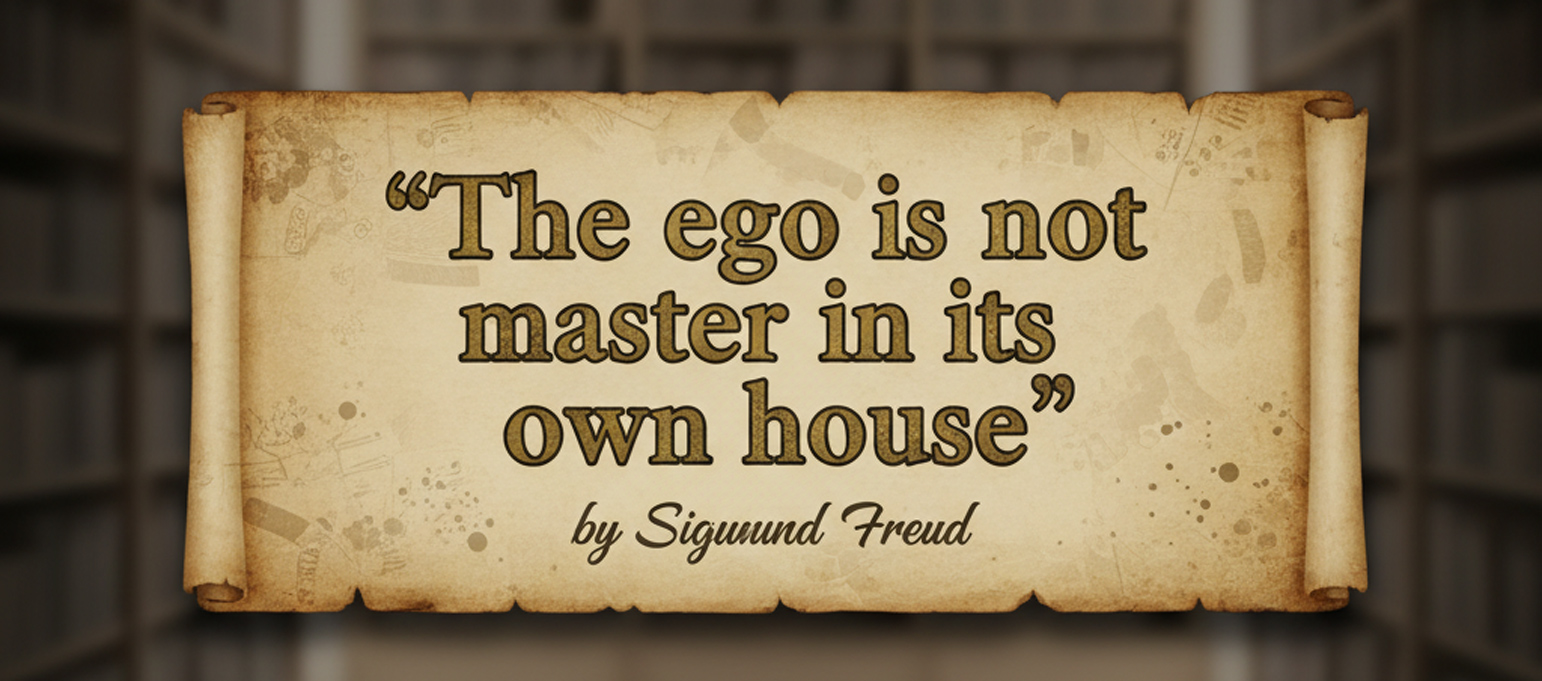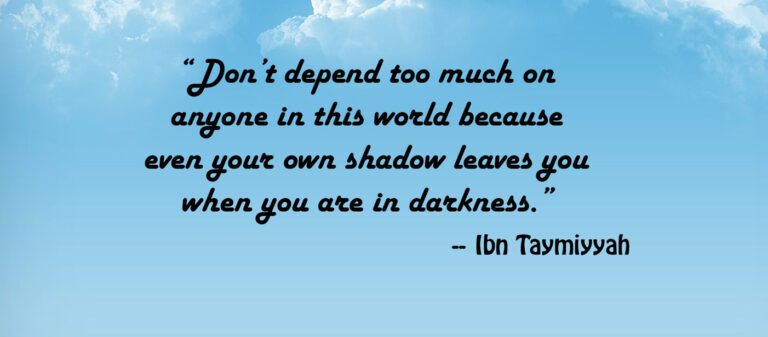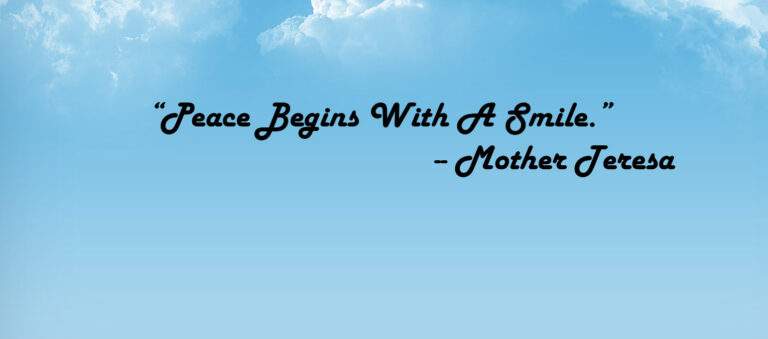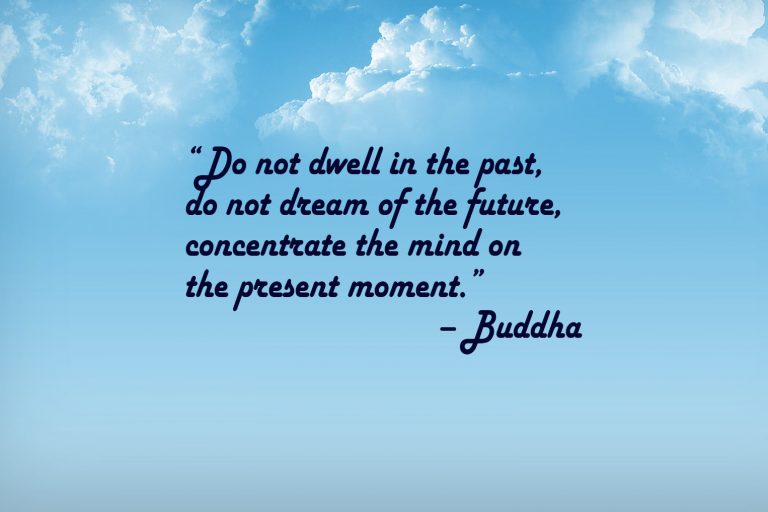Sigmund Freud’s Quote on Egoism
“The ego is not master in its own house”- Sigmund Freud
“The ego is not master in its own house”, a famous quote by Sigmund Freud, reminds us that our conscious mind—the part we call the “self”—isn’t always in full control. Freud explained that the ego is the part of our personality that helps us deal with reality. It balances the desires of the id (our instincts) and the moral voice of the superego (our conscience) to help us act wisely in the world. However, when the ego grows unchecked, it can distort this balance, making us defensive, proud, or unwilling to change.
Too much egoism can harm both ourselves and others. It can lead us to crave praise and resist feedback, resulting in poor relationships and tension at work or home. Ego-driven people often struggle to admit mistakes or ask for help, and they try to pin their mistakes on others, which blocks personal growth. Over time, egoism can isolate us emotionally, turning confidence into arrogance and independence into stubbornness. In relationships, excessive ego often hides deeper fears—of failure, rejection, or vulnerability—that prevent genuine connection.
Overcoming ego doesn’t mean losing confidence—it means seeing ourselves truthfully. Here are a few steps:
- Self-awareness: noticing when pride or insecurity drives your actions.
- Admit mistakes: Embracing mistakes fosters growth and keeps arrogance in check.
- Practicing gratitude: Listening more than you speak, and accepting your limitations gently, all help quiet the ego.
- Acts of service and compassion: Serving others without seeking praise can provide perspective, reminding us that everyone is on their own journey of growth.
- Self-reflection, meditation, and honest feedback from trusted friends can gradually reshape the ego into a healthy guide rather than a controlling force.
A Short Moral Story: It is a story about a skilled potter who bragged that his hands could never make a bad pot. One day, while showing off, he dropped his masterpiece, and it shattered. Instead of hiding in shame, he laughed and said, “Maybe now I can start learning again.” That humble moment freed him from pride, and his later creations were even more beautiful. Like that potter, when we let go of ego, we make room for growth, creativity, and genuine peace.
Share this:
- Share on Facebook (Opens in new window) Facebook
- Share on X (Opens in new window) X
- Share on Pinterest (Opens in new window) Pinterest
- Share on Pocket (Opens in new window) Pocket
- Share on Telegram (Opens in new window) Telegram
- Share on WhatsApp (Opens in new window) WhatsApp
- Email a link to a friend (Opens in new window) Email
- Print (Opens in new window) Print








Thank you for sharing this wonderful perspective! I’m realizing how important it is to notice my own ego and not confuse it with pride. Really appreciate your thoughtful effort.